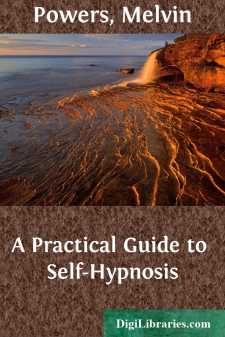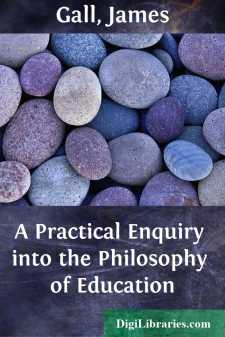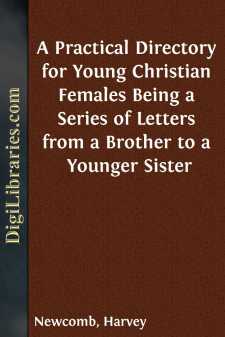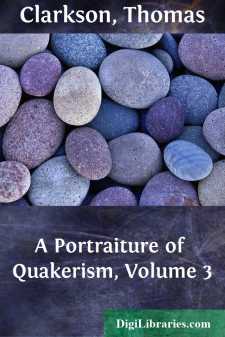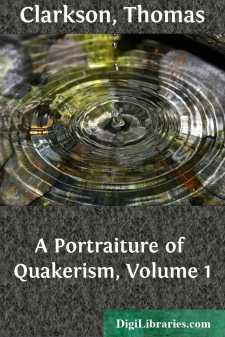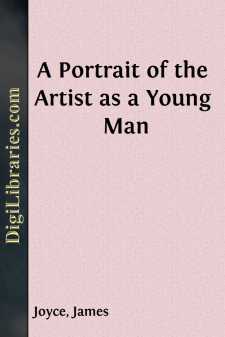Categories
- Antiques & Collectibles 13
- Architecture 36
- Art 48
- Bibles 22
- Biography & Autobiography 813
- Body, Mind & Spirit 142
- Business & Economics 28
- Children's Books 15
- Children's Fiction 12
- Computers 4
- Cooking 94
- Crafts & Hobbies 4
- Drama 346
- Education 46
- Family & Relationships 57
- Fiction 11829
- Games 19
- Gardening 17
- Health & Fitness 34
- History 1377
- House & Home 1
- Humor 147
- Juvenile Fiction 1873
- Juvenile Nonfiction 202
- Language Arts & Disciplines 88
- Law 16
- Literary Collections 686
- Literary Criticism 179
- Mathematics 13
- Medical 41
- Music 40
- Nature 179
- Non-Classifiable 1768
- Performing Arts 7
- Periodicals 1453
- Philosophy 64
- Photography 2
- Poetry 896
- Political Science 203
- Psychology 42
- Reference 154
- Religion 513
- Science 126
- Self-Help 84
- Social Science 81
- Sports & Recreation 34
- Study Aids 3
- Technology & Engineering 59
- Transportation 23
- Travel 463
- True Crime 29
Sort by:
by:
Melvin Powers
FOREWORD All of us like to think that our actions and reactions are a result of logical thought processes, but the fact is that suggestion influences our thinking a great deal more than logic. Consciously or unconsciously, our feelings about almost everything are largely molded by ready-made opinions and attitudes fostered by our mass methods of communication. We cannot buy a bar of soap or a filtered...
more...
by:
James Gall
CHAP. I. Education is at present obviously in a transition state. The public mind has of late become alive to the importance of the subject; and all persons are beginning to feel awake to the truth, that something is yet wanting to insure efficiency and permanence to the labours of the teacher. The public will not be satisfied till some decided change has taken place; and many are endeavouring to grope...
more...
by:
Robert Bridges
What St. Augustin says of the emotion which he felt on hearing the music in the Portian basilica at Milan in the year 386 has always seemed to me a good illustration of the relativity of musical expression; I mean how much more its ethical significance depends on the musical experience of the hearer, than on any special accomplishment or intrinsic development of the art. Knowing of what kind that music...
more...
by:
Harvey Newcomb
LETTER I. The Christian's Mark. "Forgetting those things which are behind, and reaching forth unto those things which are before, I press towards the mark for the prize of the high calling of God in Christ Jesus."—Phil. 3:13, 14. My Dear Sister, Ever since the death of our dear mother, I have felt a deep interest in your welfare. And your being left, while young, in a measure dependent...
more...
by:
Edward Bellamy
My friend Hammond is a bachelor, and lives in chambers in New York. Whenever we meet on my occasional visits to the city, he insists on my spending the night with him. On one of these occasions we had been at the opera during the evening, and had witnessed an ovation to a beautiful and famous singer. We had been stirred by the enthusiasm of the audience, and on our walk home fell to discussing a theme...
more...
by:
Thomas Clarkson
CHAP. I. Civil government—First tenet is, that governors have no right to interfere with the governed on the subject of Religion—and that if they interfere, and insist upon things which the conscience disapproves, the governed ought to refuse a compliance with them, and to bear patiently all the penalties annexed to such a refusal, but never to resist the governors by violence on this or any other...
more...
by:
Thomas Clarkson
CHAP. I. SECTION I. Marriage—Quakers differ in many respects from others, on the subject of Marriage—George Fox introduced Regulations concerning it—Protested against the usual manner of the celebration of it—Gave an example of what he recommended—Present regulations of the Quakers on this subject. In the continuation of the Customs of the Quakers, a subject which I purpose to resume in the...
more...
by:
Thomas Clarkson
INTRODUCTION. MOTIVES FOR THE UNDERTAKING—ORIGIN OF THE NAME OF QUAKERS—GEORGE FOX, THE FOUNDER OF THE SOCIETY-SHORT HISTORY OF HIS LIFE. From the year 1787, when I began to devote my labours to the abolition of the slave trade, I was thrown frequently into the company of the people, called Quakers, these people had been then long unanimous upon this subject. Indeed they had placed it among the...
more...
by:
James Joyce
Chapter 1 Once upon a time and a very good time it was there was a moocow coming down along the road and this moocow that was coming down along the road met a nicens little boy named baby tuckoo... His father told him that story: his father looked at him through a glass: he had a hairy face. He was baby tuckoo. The moocow came down the road where Betty Byrne lived: she sold lemon platt. O, the wild...
more...
Foreword IT IS not at all in my mind to write a history of Georgetown. Several have been written, but I do want, very, very much, to paint a portrait of this dear old town of my birth where my parents, my grandparents, great-grandfathers and one great-great-grandfather lived, and which I love so dearly. A portrait, partly of its physical features, its streets, its houses and gardens, some of which...
more...


